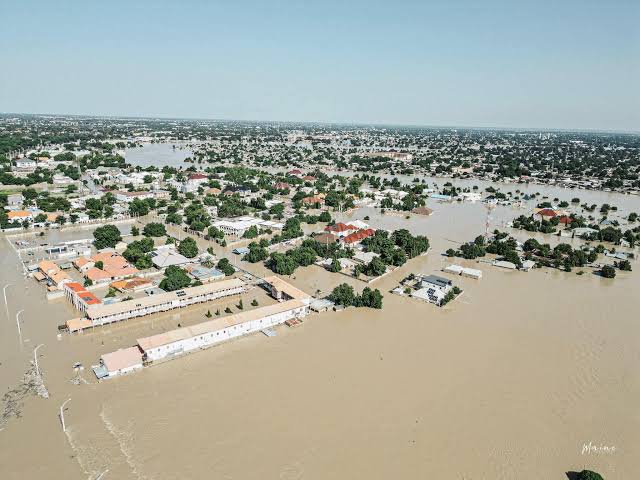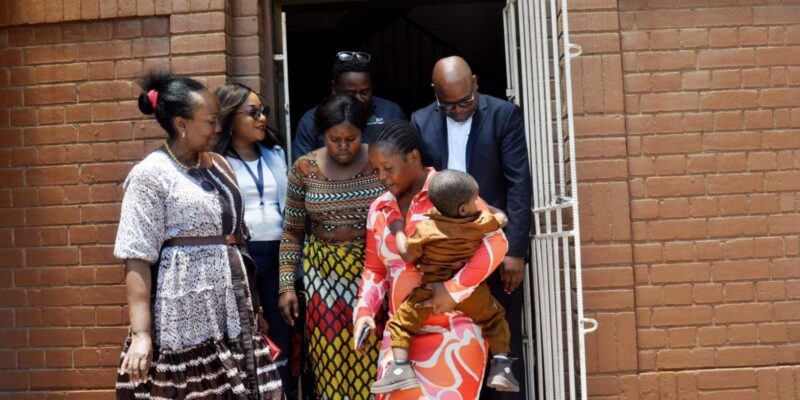The United Nations has announced earmarking $6 million to support victims of floods in Borno State of Nigeria following the displacement of more than one million people after the Alau Dam, located in Maiduguri, the state capital, collapsed on September 10, compelling hundreds of thousands of people to flee from their homes.
Making the announcement on Tuesday, the UN Humanitarian Coordinator in Nigeria, Mohammed Fall, said the fund was from the Nigeria Humanitarian Fund to support flood victims in Borno State.
UN spokesperson, Stephane Dujarric, at a news conference on Monday in New York, also said a joint mission comprising UN agencies and NGOs, alongside the Nigeria Red Cross Society, had visited Maiduguri over the weekend to access the extent of the damage caused by the flood.
Dujarric said the team met with people who had been impacted with many of them already been displaced multiple times by conflict and insecurity in the area.
“We and our partners are providing them with hot meals, we are facilitating air drops of food in hard-to-reach areas cut off by flood waters, and we are also trucking in water,” she stated.
“We are also providing water and sanitation hygiene services and water purification tablets to stem disease outbreaks.
“This is in addition to supplying hygiene and dignity kits to women and girls, as well as emergency health and shelter services.”
Dujarric added that the staff of the UN Office of the Coordination of Humanitarian Affairs were also working closely with donors to secure additional funding.
Also speaking, Emmanuel Bigenimana, the head of the World Food Programme office in Maiduguri, said that he managed to fly over the city in a UN Humanitarian Air Service helicopter dispatched by WFP, to conduct a rapid assessment of damage and needs.
“What I have seen is really heartbreaking; homes, infrastructure, roads, schools, hospitals submerged by water.
“Many, many people, I’m talking about over 200,000 to 300,000 displaced people, are overcrowded in several Internally Displaced Persons camps and also on the streets.
“We need more resources to save lives and to put together efforts to respond to the crises, as well as think of long-term recovery and solutions,” Bigenimana said.

 Politics2 days ago
Politics2 days ago
 VenturesNow2 days ago
VenturesNow2 days ago
 Metro2 days ago
Metro2 days ago
 Musings From Abroad2 days ago
Musings From Abroad2 days ago






















